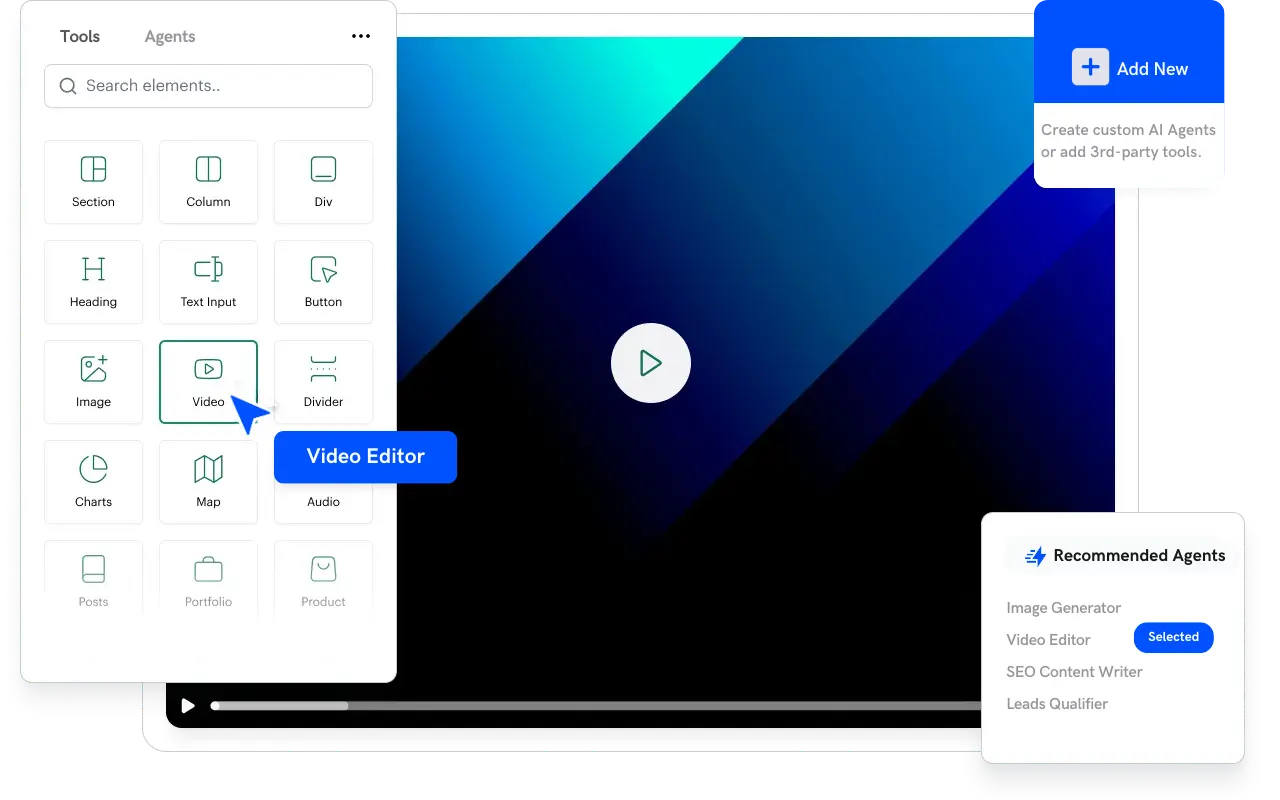In an era where notifications, social media, and AI-generated content compete for our attention, deep work has become a rare yet valuable skill. As we step into 2025, the ability to focus without distraction is more critical than ever, especially for knowledge workers, entrepreneurs, and students. This article explores the concept of deep work, the impact of digital distractions, and how AI-powered productivity tools can help individuals cultivate focused work habits in a hyper-connected world.
The Importance of Deep Work in 2025
Deep work, a concept popularized by Cal Newport, refers to the ability to concentrate on cognitively demanding tasks without distraction. This level of focus is necessary for problem-solving, creativity, and mastering complex skills. In 2025, as AI automates repetitive tasks, human workers will need to excel in high-level thinking, creativity, and strategic decision-making—all of which require deep focus.
Why Is Deep Work More Valuable Than Ever?
- AI Disruption in the Workforce – With AI handling mundane tasks, employees must develop skills that machines cannot easily replicate, such as strategic thinking and innovation.
- Shortened Attention Spans – Digital content consumption has altered the way we focus, making sustained attention a competitive advantage.
- The Rise of Remote Work – Without the structure of an office, individuals must develop discipline and effective time-management strategies to maintain productivity.
- Information Overload – The sheer volume of online content and AI-generated information requires professionals to filter noise and engage in deep work to extract valuable insights.
The Digital Distraction Epidemic
Despite the increasing demand for deep work, digital distractions have never been more prevalent. Studies indicate that the average person checks their phone over 96 times per day, and the workplace is filled with instant messaging apps, email notifications, and algorithm-driven content designed to capture attention.
Common Distractions in 2025:
- AI-generated personalized content flooding social media and news feeds
- Always-on work culture with notifications from Slack, Teams, and email
- Multitasking myth leading to cognitive overload
- Short-form content addiction, making it harder to engage in long reading or problem-solving sessions
How AI Can Support Deep Work
While AI contributes to distractions, it can also help individuals reclaim their focus. AI-powered productivity tools in 2025 offer solutions to structure deep work sessions and minimize digital noise.
1. AI-Powered Time Management
Tools like Turbomode.ai allow users to schedule deep work blocks and automate task prioritization. By analyzing workload patterns, AI can recommend the best times for high-concentration tasks.
2. Automated Distraction Blocking
AI can now track user behavior and suggest when to mute notifications, disable social media, and enter a deep work mode based on focus patterns.
3. Smart Virtual Assistants
AI-powered assistants manage emails, summarize documents, and filter unnecessary meetings, reducing cognitive overload and freeing up time for deep work.
4. AI-Enhanced Focus Training
Neuroscience-based AI applications provide personalized cognitive exercises to train focus and reduce susceptibility to distractions over time.
5. Deep Work Analytics
AI tools analyze productivity trends, offering insights into when users are most focused and how they can optimize work habits.
Practical Steps to Cultivate Deep Work
Even with AI support, deep work requires intentional effort. Here are five strategies to build a sustainable deep work practice in 2025:
1. Design a Digital-Free Work Zone
- Use AI-powered focus apps to lock social media during work hours.
- Create physical spaces designated for deep work to condition the brain for focus.
2. Implement Time-Boxing Techniques
- Leverage AI scheduling tools to set deep work sessions.
- Use the Pomodoro technique with longer focus periods (e.g., 90-minute sprints).
3. Adopt AI-Driven Task Prioritization
- Let AI categorize tasks by urgency and complexity.
- Focus on high-impact work that aligns with long-term goals.
4. Reduce Cognitive Load
- Use AI note-taking tools to summarize key points from meetings and articles.
- Automate routine decisions to conserve mental energy for deep work.
5. Embrace Asynchronous Work Culture
- Limit real-time communication to essential interactions.
- Encourage team members to use AI-generated meeting recaps instead of live attendance.
The Future of Deep Work: Will AI Replace Focus?
As AI capabilities expand, some may question whether deep work will remain necessary. However, while AI can optimize productivity, it cannot replace human creativity, emotional intelligence, and problem-solving abilities. The most successful professionals in 2025 will be those who harness AI to eliminate distractions while cultivating the uniquely human skill of deep focus.
Conclusion
Deep work is more valuable than ever in the digital age, and AI can be both a distraction and an enabler of focused work. By leveraging AI-powered productivity tools like Turbomode.ai, professionals can reclaim their attention, master complex skills, and excel in an increasingly automated world. As we navigate 2025, the ability to work deeply will distinguish high performers from the distracted masses.
Photo by Nubelson Fernandes on Unsplash






